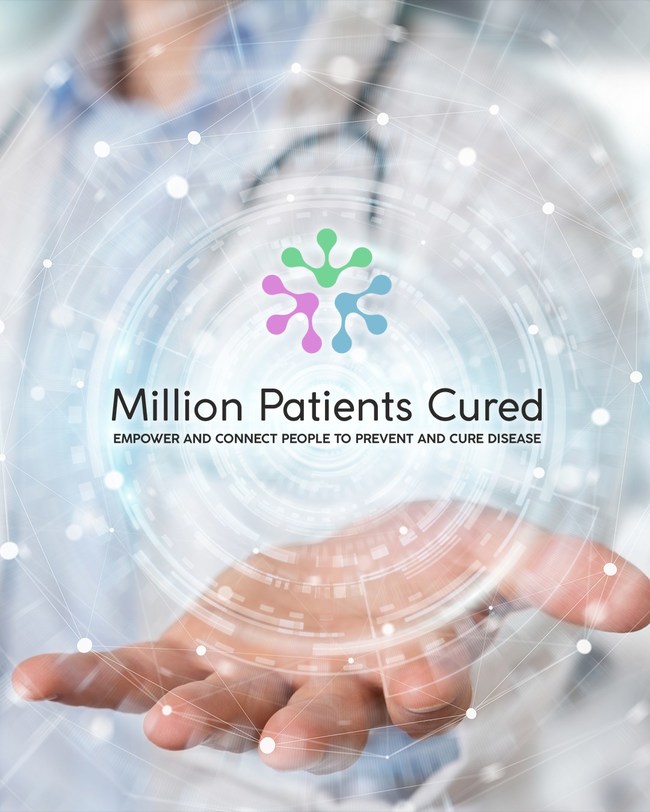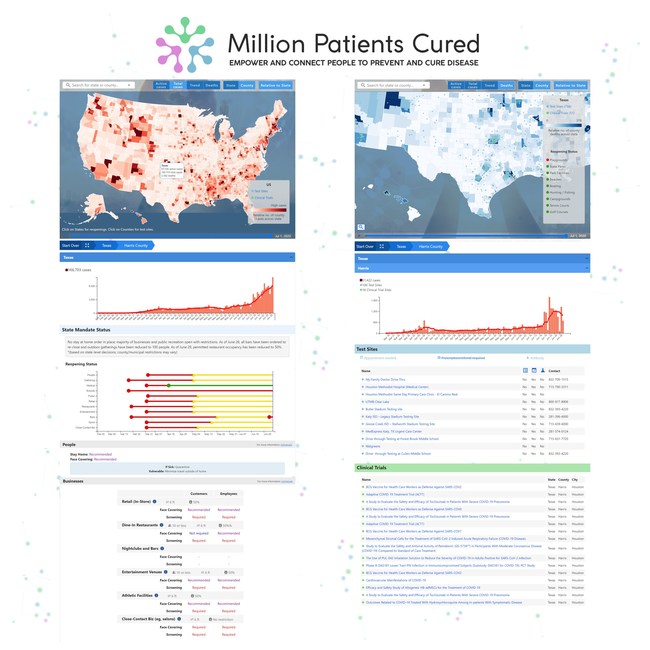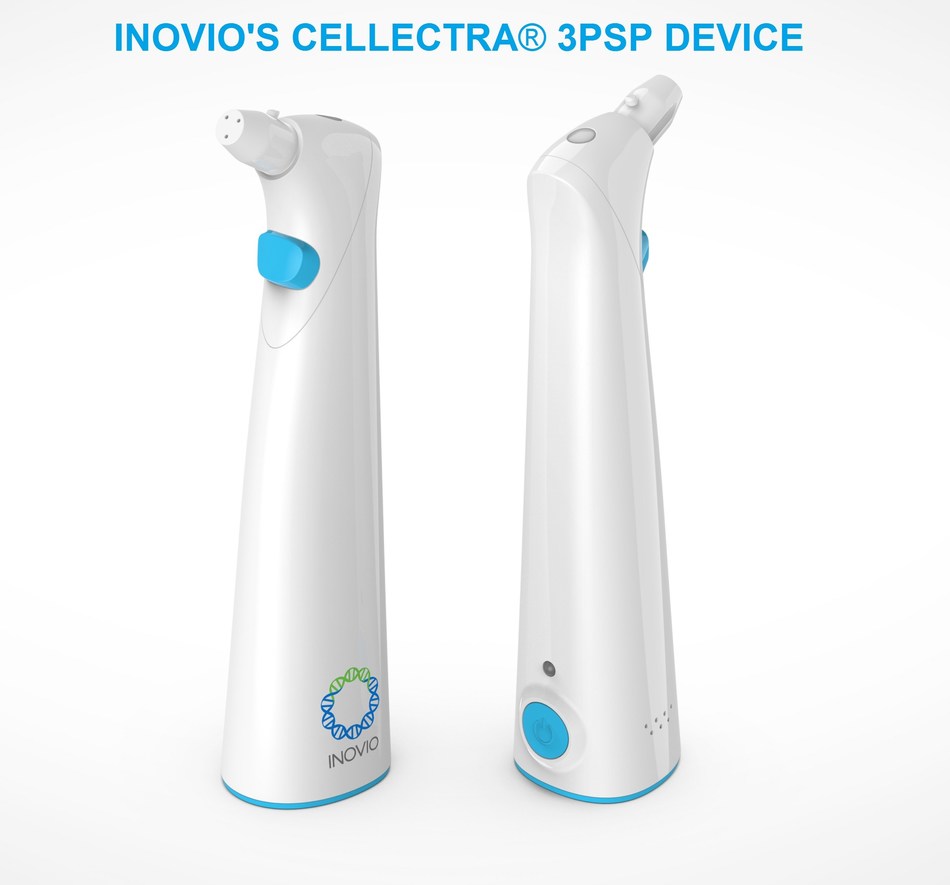GERMANTOWN, Md., July 14, 2020 (GLOBE NEWSWIRE) — Orgenesis Inc. (NASDAQ: ORGS) (“Orgenesis” or the “Company”), a pioneering global biotech company committed to accelerating commercialization and transforming the delivery of cell and gene therapies (CGTs), today announces that it has entered into a Collaboration Agreement with Educell Ltd., a premier European cell therapy company. Under the agreement, the parties plan to conduct one or more collaborative cell-based research projects aligned with local medical centers.
The companies will leverage the Orgenesis Cell and Gene Therapy (CGT) Biotech Platform which includes point of care (POCare) Networks, POCare Therapeutics and a POCare Technologies suite of proprietary and in-licensed technologies that have been engineered to create customized processing systems. The agreement is part of the Orgenesis strategy of growing and expanding the POCare Network, which includes leading hospitals and research institutes around the world. The first collaboration under the agreement will focus on the clinical development of CAR-T and whole cell-based vaccine platform for use in cancer immunotherapies.
Vered Caplan, CEO of Orgenesis, stated, “This latest collaboration with Educell expands our activities in Europe and we believe that it should help us launch our therapies into additional European hospitals, as well as help Educell commercialize their therapies around the world. We also believe that this collaboration reinforces the significant value proposition and flexibility of our CGT Biotech Platform. We look forward to benefiting from the expertise of Educell as we seek to expand our automated T-cell culturing approach into clinical validation and commercialization phases.”
Dr Miomir Kneževic, CEO of Educell, commented, “We are excited to team with Orgenesis to potentially advance these breakthrough therapies into clinical trials using cutting edge technologies. This collaboration reflects our commitment to bringing new, effective and affordable cell and gene therapy products to cancer patients worldwide while highlighting Educell’s ability to ensure safety in the process and help to reduce overall manufacturing costs.”
Together, the companies are working to address significant unmet market needs for producing novel cell therapies in a cost effective, high quality and scalable manner. The joint clinical development program seeks to provide safe, simplified, and cost-effective processing in an automated and controlled environment from start to finish with minimal operator intervention.
About Educell
Educell Ltd, established 1997, is a company focusing on the development of cell therapy products and is a registered cell and tissue establishment. The company is preparing cell therapy products for the treatment of articular cartilage, vesicouretral reflux, regeneration of bone tissue and treatment of immunological disorders, which are in use within the University Medical Centre Ljubljana and other clinical institutions in Slovenia under the “hospital exemption” rule supervised by the Agency for Medicinal Products and Medical Devices of the Republic of Slovenia. The company’s R&D department is dedicated to the development of innovative cell therapy products and also to the development of medical devices that enable stem cell isolation and application in the operation theatre.
Educell’s ImmunoArt cell therapy product was developed in 2014 and is based on ex vivo expanded allogeneic mesenchymal stromal/stem cells (MSC) isolated from bone marrow. Its immunomodulatory capacity has already been proven in the clinic for the treatment of graft versus host disease (GvHD) and Chron’s disease. Additional information is available at: https://www.educell.si/en/
About Orgenesis
Orgenesis is a pioneering global biotech company which is unlocking the full potential of personalized therapies and closed processing systems through its Cell & Gene Therapy Biotech Platform, with the ultimate aim of providing life changing treatments at the Point of Care to large numbers of patients at low cost. The Platform consists of: (a) POCare Therapeutics, a pipeline of licensed cell and gene therapies (CGTs), and proprietary scientific knowhow; (b) POCare Technologies, a suite of proprietary and in-licensed technologies which are engineered to create customized processing systems for affordable point of care therapies; and (c) POCare Network, a collaborative, international ecosystem of leading research institutes and hospitals committed to clinical development and supply of CGTs at the point of care. By combining science, technologies and a collaborative network, Orgenesis is able to identify the most promising new therapies and provide a pathway for them to reach patients more quickly, more efficiently and at scale, thereby unlocking the power of cell and gene therapy for all. Additional information is available at: www.orgenesis.com.
Notice Regarding Forward-Looking Statements
This press release contains forward-looking statements which are made pursuant to the safe harbor provisions of Section 27A of the Securities Act of 1933, as amended, and Section 21E of the Securities and Exchange Act of 1934, as amended. These forward-looking statements involve substantial uncertainties and risks and are based upon our current expectations, estimates and projections and reflect our beliefs and assumptions based upon information available to us at the date of this release. We caution readers that forward-looking statements are predictions based on our current expectations about future events. These forward-looking statements are not guarantees of future performance and are subject to risks, uncertainties and assumptions that are difficult to predict. Our actual results, performance or achievements could differ materially from those expressed or implied by the forward-looking statements as a result of a number of factors, including, but not limited to, our reliance on, and our ability to grow, our point-of-care cell therapy platform, our ability to effectively use the net proceeds from the sale of Masthercell, our ability to achieve and maintain overall profitability, the development of our POCare strategy, the sufficiency of working capital to realize our business plans, the development of our transdifferentiation technology as therapeutic treatment for diabetes which could, if successful, be a cure for Type 1 Diabetes; our technology not functioning as expected; our ability to retain key employees; our ability to satisfy the rigorous regulatory requirements for new procedures; our competitors developing better or cheaper alternatives to our products and the risks and uncertainties discussed under the heading “RISK FACTORS” in Item 1A of our Annual Report on Form 10-K for the fiscal year ended December 31 2019, and in our other filings with the Securities and Exchange Commission. We undertake no obligation to revise or update any forward-looking statement for any reason.

 and CypCaps
and CypCaps











